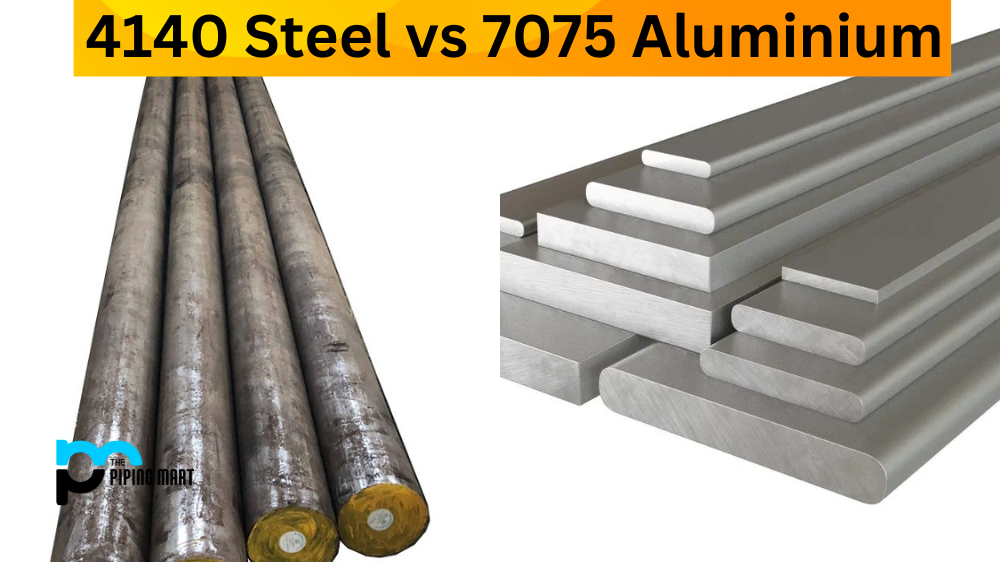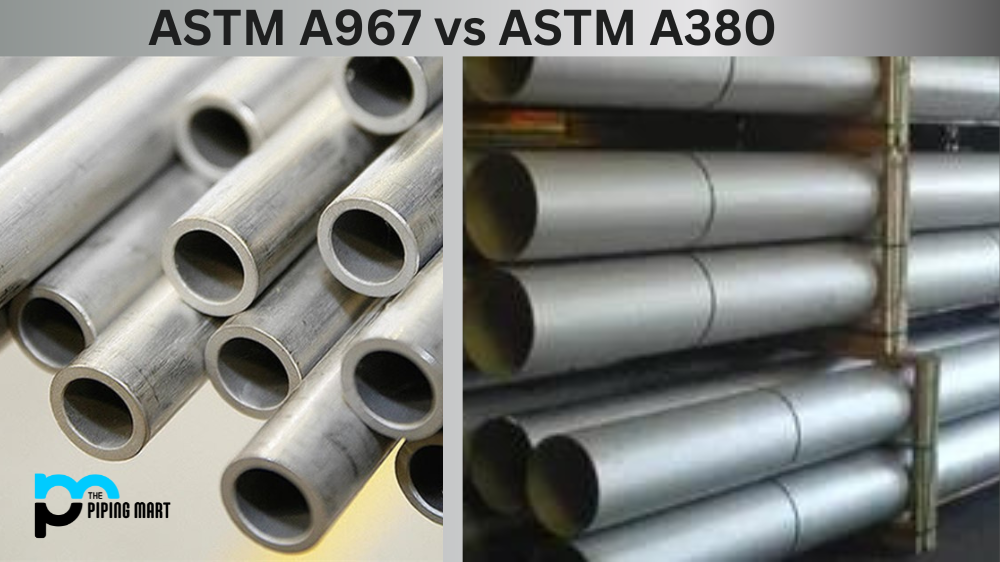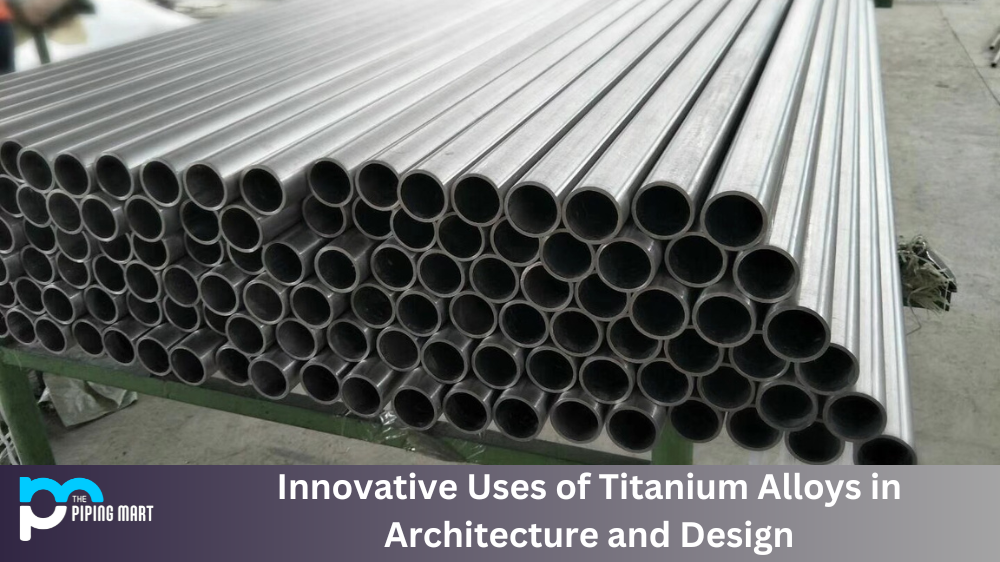When choosing the right material for a specific project or application, it can be challenging to determine which material best suits your needs. The same applies when choosing between 4140 steel and 7075 aluminium. Both materials offer unique benefits and properties that make them desirable in various industries. This blog post aims to provide a detailed comparison of 4140 steel and 7075 aluminium to help you make a more informed decision.
Difference Between 4140 Steel and 7075 Aluminium
Properties
One of the most significant differences between 4140 steel and 7075 aluminium is their composition and properties. 4140 steel is an alloy of various elements, including chromium, molybdenum, and manganese. Its properties include high strength, toughness, and wear resistance. On the other hand, 7075 aluminium is a high-strength alloy composed mainly of aluminium, zinc, copper, and magnesium. Its properties include excellent corrosion resistance, high strength, and moderate toughness.
Cost
Cost is another factor to consider when choosing between 4140 steel and 7075 aluminium. Generally, 4140 steel tends to be less expensive than 7075 aluminium. While the cost of both materials varies depending on the supplier, the complexity of the project and the quantity required, the price of 4140 steel is typically lower.
Machinability
Machinability is the ease with which a material can be cut, shaped, and finished. When it comes to machinability, 4140 steel scores higher than 7075 aluminium. It is easier to machine and can be cut faster than 7075 aluminium. Aluminium is known for its sticky nature, which can cause problems during machining. Additionally, 7075 aluminium is somewhat brittle and prone to tool chatter, causing problems during finishing.
Weldability
Weldability refers to how easily a material can be welded without cracking or damaging the finished product. On this front, 4140 steel is more weldable than 7075 aluminium. While aluminium can be welded, it is less strong than a properly welded steel joint. To weld aluminium, it must be welded using a specialised process such as TIG welding, which can be time-consuming, expensive and requires a skilled welder.
Applications
Both 4140 steel and 7075 aluminium are suitable for numerous industrial applications. 4140 steel is commonly used in the automotive industry, where strength and wear resistance are essential. It is also used in industrial and construction applications where hardness, toughness, and shock resistance are necessary. 7075 aluminium, on the other hand, is widely used in aerospace and defence industries due to its high strength-to-weight ratio, corrosion resistance, and durability. It is also used in sporting equipment, electrical fittings, and transportation applications.
Conclusion
Deciding between 4140 steel and 7075 aluminium depends on several factors, such as cost, strength, machinability, and weldability. 4140 steel is an excellent choice for applications that require high strength, toughness, and wear resistance. At the same time, 7075 aluminium is ideal for applications that require a high strength-to-weight ratio, corrosion resistance, and durability. Careful consideration of the project requirements and specifications is needed to make a well-informed decision. Ultimately, both materials offer unique properties and benefits, making them valuable in various industries.
Rachana is a dedicated and ambitious young woman who has made a name for herself in the metal industry. From her earliest days in the industry, Rachana showed a natural talent for problem-solving and a keen eye for detail. In her free time, She enjoys reading up on the latest advancements in the industry, as well as exploring new ways to innovate and improve upon existing processes.




